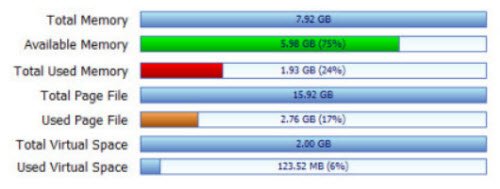Do Memory Optimizers work? Memory Optimizers or RAM Optimizers were very popular in the pre-Windows XP days. Their use however dwindled after Windows Vista as the recent versions came with fine built-in memory management features. Nevertheless, some folks continue to have faith in Memory Optimizers and believe that it does their system good.

Do Memory Optimizers work in Windows?
Most Memory Optimizers delete the Prefetch cache from memory. While this may end up giving you more memory, it definitely does not improve the performance. In fact this actually degrades performance.
Memory Optimizers claim to free up memory that is not being used or is being unnecessarily used by idle processes. Memory Optimizers move computer memory data into the virtual memory or Page File and thus trick users into believing that they freed up computer memory. The Windows Memory Manager in the later version does a great job by actually automatically trimming idle processes working sets. Most applications page themselves out when they become inactive thereby reducing their RAM footprint.
Some Memory Optimizers also claim that their products defragment memory to improve performance, but too has no effect on performance in almost all cases. RAM does NOT need defragmentation.
Again, some claim that RAM optimizers regain memory lost to leaks. Claims about freeing unused DLLs are also false.
Says Mark Russinovich:
Windows implements a demand-paged virtual-memory system. An OS uses virtual memory to give applications the illusion that a computer has more physical memory than it actually does. RAM optimizers take advantage of the Memory Manager’s behavior by allocating, then freeing, large amounts of virtual memory. As RAM optimizers force the available-memory counter up, they force other processes’ data and code out of memory.
You may have noticed that your computer in fact appears to be unresponsive after you have used some RAM Optimizer. Using Memory Optimizers may actually degrade performance.
What is your take on Memory Optimizers? Think they are still relevant? Or are they the biggest fraud being played on Windows users.
Let us know what you think.